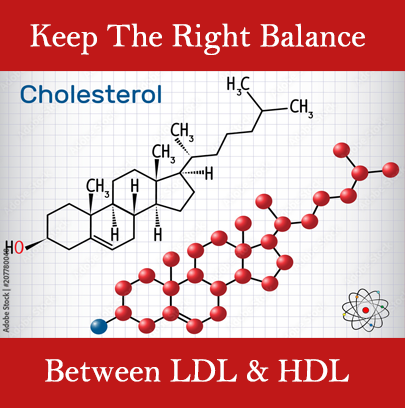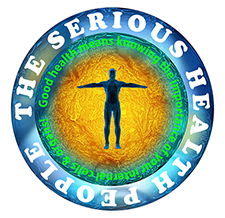
Lowering cholesterol has proven to be a worthy pursuit if trying to keep your heart healthy. Niacin can play an important role in keeping cholesterol numbers balanced. Niacin is Vitamin B3 and can be found in many foods from plants and animals. Meats that provide niacin are beef, pork, poultry, & fish. Red meat is surrounded by science controversy as to its benefits and risks when it comes to your heart and arteries. The plant forms of niacin can be found in bananas, brown rice, various nuts, & legumes. Vitamin B3 is water-soluble and unneeded excess will likely be passed through urine reducing the risk of toxic levels. It is still a good idea not to go to extreme doses. Niacin will convert nutrients into energy, help repair DNA and much more. Toxicity of niacin is rare but is still possible especially if a person is supplementing large amounts of niacin. Large doses of niacin can result in an increase of uric acid levels and possibly cause gout, itching, liver damage, and other negative outcomes. Be very careful of mixing medications and supplements.
Resources:
Mayo Clinic, Niacin, Mayo Clinic Staff, August 10, 2023
https://www.mayoclinic.org/drugs-supplements-niacin/art-20364984
Last viewed: 20240119
Harvard T.H. Chan, School of Public Health, Niacin – Vitamin B3, Last reviewed March, 2023
https://www.hsph.harvard.edu/nutritionsource/niacin-vitamin-b3
Last viewed: 20240119
Kaiser Permanente, The Permanente Medical Group, Inc., Regional Health Education, Healthy Living, Niacin: Lower Your Cholesterol, Revised December, 2007 Printed Handout
